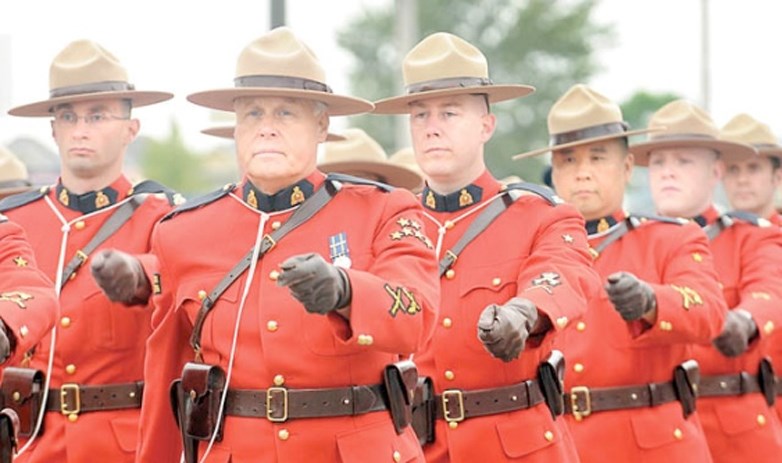The amount of time Richmond’s volunteer RCMP auxiliary constables are on the beat has dropped by 70 per cent this year, over 2014, after Mounties were ordered to have direct armed supervision of the complementary force and end all ride-along duties.
Now, Richmond city council wants Ottawa to reinstate unsupervised duties for the unarmed auxiliary force and allow for firearms familiarization training.
“We would like to see the auxiliary force back to what they used to be. It’s been a great resource to augment our police force,” said Coun. Bill McNulty.
The city is backing a proposal by the Union of B.C. Municipalities to introduce a three-tier training program that would allow auxiliary constables to increase the number of duties they perform — such as public ceremonies, bike patrols and traffic and crowd control — without supervision.
Under the plan, auxiliary constables would be limited in the amount of hours they are on duty.
For instance, in the third tier, a constable would receive more training than in the first — including firearms familiarization training — and be able to perform general duty patrol, such as participating in traffic check stops. But they would also be limited to 144 hours per year and have a midnight curfew.
The proposal does not call for fully arming the constables, although McNulty said it’s a “possibility” in the future, considering they had once been armed before.
McNulty said the changes imposed in Ottawa were unfortunate as Richmond’s program was “better than most others.”
In 2014, Richmond’s auxiliary officers logged 11,805 hours with the regular force. To August, 2016, the auxiliary officers had logged 2,639 hours.
In late 2014, the RCMP mandated all auxiliary officers to be supervised after the murder of unarmed soldier Cpl. Nathan Cirillo, who was on ceremonal duty at the National War Memorial outisde the parliament buildings in Ottawa. In January 2016, the RCMP went a step further by banning all supervised ride-along duties for auxiliary constables.
An internal survey of the auxiliary force showed that 92 per cent of respondents disagreed with the changes and morale was low as a result of them.
A staff report to city council indicated that, as a result of the changes, there has been a negative impact on crime prevention programs and a less visible uniformed police presence in the city.
The reduction has not resulted in an appreciable difference in Richmond’s crime rate, which, to August, is 3.9 per cent higher than it was in 2015. Common thefts and residential break-ins are both down 20 per cent, while thefts from motor vehicles and shoplifting are up 17 and 39 per cent, respectively.
Richmond’s relatively low violent crime rate has spiked 20 per cent, with an uptick in sexual assaults and robberies this year.



